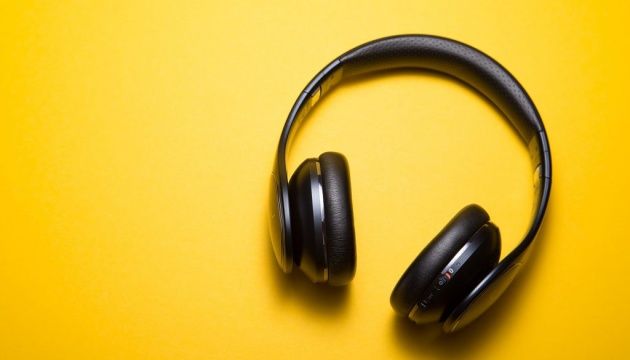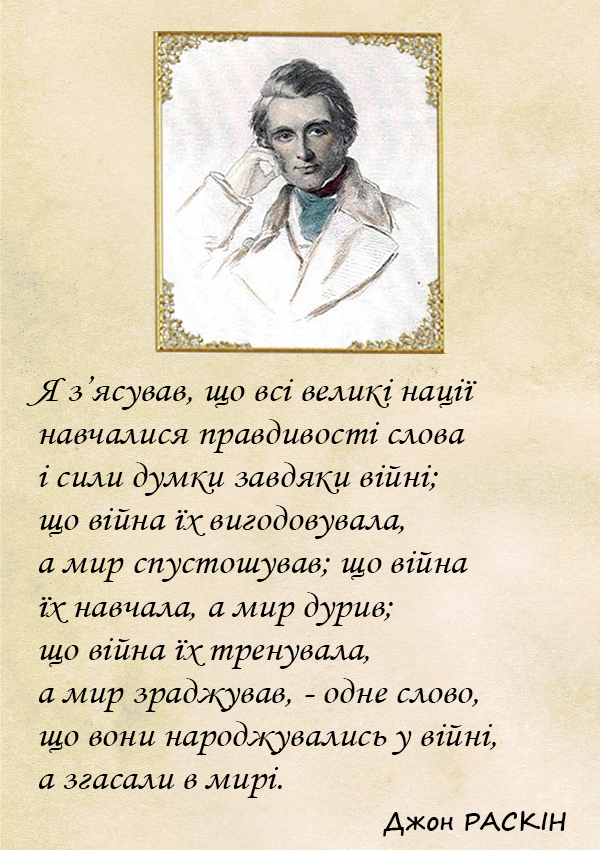
(opinion article)
American music theorist Gerald Levinson argues that in terms of the study of linguistics, musical language is no less expressive system of communication than simple speech. Music triggers and regulates our emotional state. Music carries a much stronger emotional charge than real life events. Music, one way or another, is literally able to evoke the necessary emotions. The reactions of the nervous system to cheerful and sentimental musical works are completely different.
In one experiment, participants were asked to interpret a neutral facial expression while listening to a musical composition. When they listened to a sentimental piece of music, they reproduced a neutral expression as sad. When the music was fun, they took the same expression for joy and elation.
Singing makes us happier. We already know that all speech-related activities are in the left hemisphere. The activity of this part of the brain is associated with positive emotions – a feeling of vigor or a desire to be more open and trusting to others. When we sing, we activate this area, feeling more positive emotions and, accordingly, feeling happier. When we hear our singing, we literally feel physical pleasure.
Music activates creativity. The right hemisphere of the brain is responsible for creative processes.
It turns out that the medium volume background music is a catalyst for creative processes. Complicating the process of information processing, background music stimulates abstract thinking and adjusts the brain to a creative mode. Due to this feature of the brain, many creative people work on the terraces of cafes and in the lounge areas, where music plays. It is worth noting that loud music overloads the brain, because to process it, it tries not only to abstract from external distractions, but also to process loud sound.
Music makes physical training more effective. One of the proofs of this fact was the results of the research by the American scientist Leonards Aires in 1911. As a result of many years of his research, the scientist concluded that cyclists turn the pedals much faster when listening to rhythmic music, compared to when riding unaccompanied. According to him, music literally “muffles” signals of fatigue. The body, feeling physically tired, sends the appropriate impulses to the brain that the muscles need a break to recover. Music rebroadcasts these signals and motivates you to practice longer. It should be noted that this relationship between music and energy is characteristic of moderate-intensity exercise, because in heavy physical activity it is important not to neglect the body’s physical resources, but rather focus on them.
Indeed, without music, life is dull and devoid of happiness.


























































Залишити відповідь